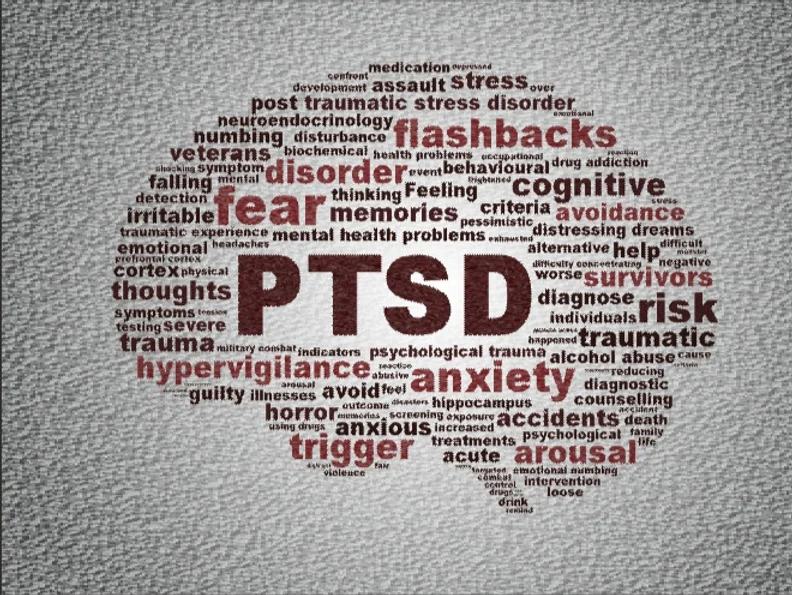Post-traumatic stress disorder (PTSD) is a mental health condition that can develop after a person experiences or witnesses a traumatic event. While PTSD can affect people of all ages, certain events and experiences may be more likely to lead to PTSD in the younger generation. Some common causes of PTSD in the younger generation include:
1. Childhood abuse or neglect: Children and adolescents who experience physical, sexual, or emotional abuse or neglect may be at risk for developing PTSD.
2. Bullying: Being bullied or witnessing bullying can be a traumatic experience for young people and can lead to the development of PTSD.
3. Natural disasters: Young people who experience natural disasters, such as hurricanes, tornadoes, or earthquakes, may be at risk for PTSD.
4. Accidents and injuries: Young people who are involved in serious accidents or sustain injuries may be at risk for PTSD.
5. Witnessing violence: Young people who witness violence in their communities or homes may be at risk for PTSD.
6. School shootings or other acts of mass violence: Young people who experience or witness school shootings or other acts of mass violence may be at risk for PTSD.
7. Cyberbullying: Children and adolescents who experience cyberbullying may be at risk for developing PTSD.
It’s important to note that not everyone who experiences or witnesses a traumatic event will develop PTSD. However, if you or someone you know is experiencing symptoms of PTSD, such as flashbacks, nightmares, avoidance of reminders of the trauma, or feeling emotionally numb, it’s important to seek professional help.
Additionally, trauma does not have to be a one-time event, it can be a series of chronic events, such as living in a war-torn area, growing up in poverty, experiencing constant discrimination, etc. that can lead to PTSD.




